It is not the answer that enlightens, but the question
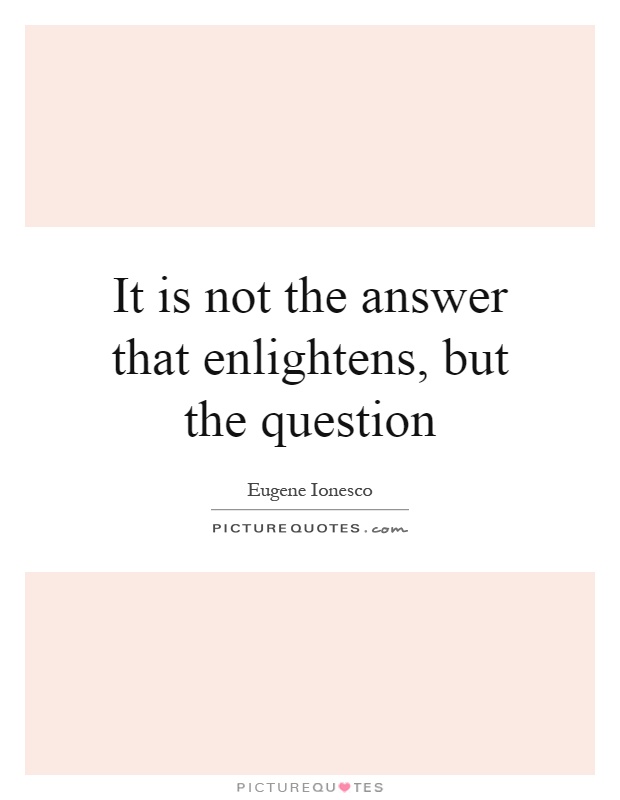
It is not the answer that enlightens, but the question
Eugene Ionesco, the renowned Romanian-French playwright and one of the leading figures of the Theatre of the Absurd, once famously said, "It is not the answer that enlightens, but the question." This statement encapsulates the essence of his work, which often delves into the absurdity of human existence and the futility of seeking definitive answers in a chaotic and unpredictable world.In Ionesco's plays, characters are often confronted with absurd situations and existential dilemmas that defy rational explanation. The playwright uses these scenarios to challenge conventional notions of truth, meaning, and reality, forcing both the characters and the audience to question their assumptions and beliefs. By posing provocative questions and subverting traditional narratives, Ionesco invites his audience to engage in a process of self-reflection and critical inquiry.
One of Ionesco's most famous works, "The Bald Soprano," exemplifies his belief in the transformative power of questioning. The play revolves around a seemingly ordinary dinner party that descends into chaos as the characters engage in nonsensical conversations and struggle to communicate with one another. Through the absurdity of the dialogue and the breakdown of language, Ionesco exposes the limitations of human communication and the absurdity of social conventions.
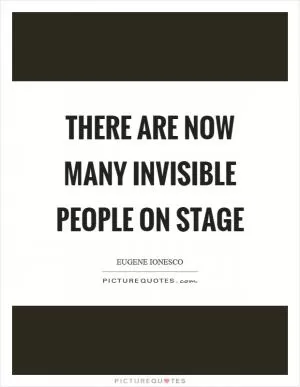
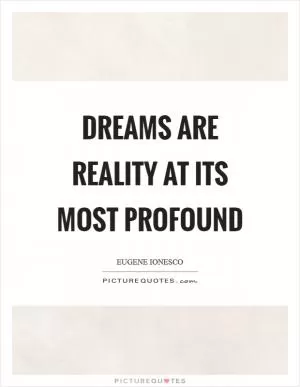
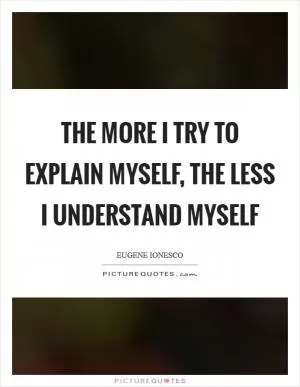



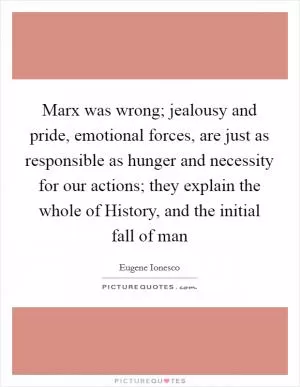


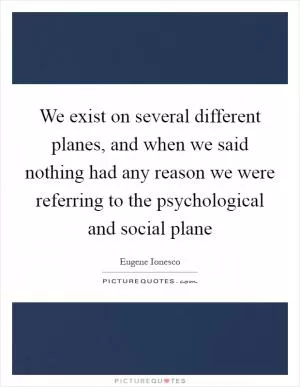
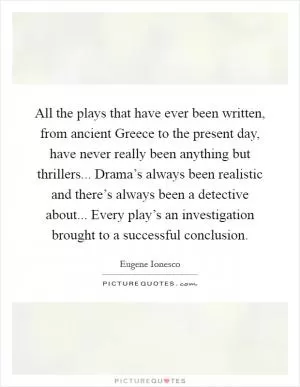
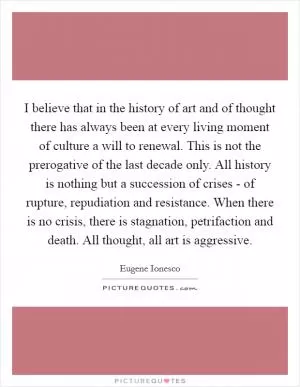
 Friendship Quotes
Friendship Quotes Love Quotes
Love Quotes Life Quotes
Life Quotes Funny Quotes
Funny Quotes Motivational Quotes
Motivational Quotes Inspirational Quotes
Inspirational Quotes